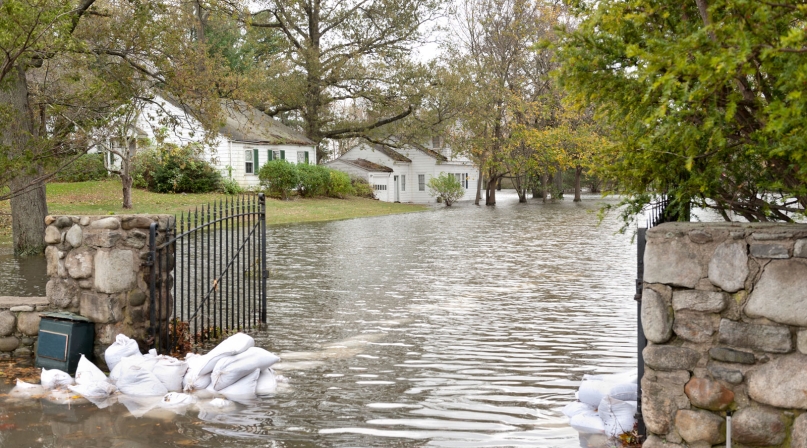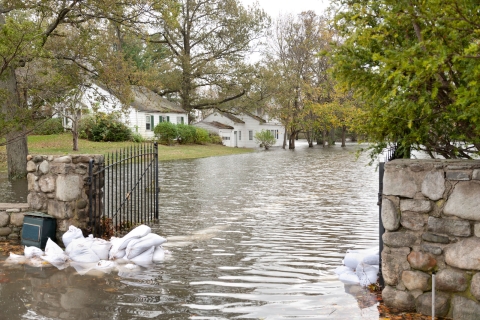National Flood Insurance Program extended two weeks through June 14
Author

Brett Mattson
Upcoming Events
Related News

Key Takeaways
On May 30, the U.S. House of Representatives approved a two-week extension (S.1693) of the National Flood Insurance Program (NFIP) by voice vote, ensuring passage before the May 31 deadline. The House action follows the U.S. Senate passing the legislation on May 23. President Trump officially signed the bill into law on May 31.
Once Congress returns from the Memorial Day recess, the House is also expected to clear a separate $19.1 billion disaster aid package (H.R. 2157), which would further extend the NFIP deadline until September 30, 2019. This would provide lawmakers additional time to work towards a long-term reauthorization of the program, which has seen 10 short-term extensions since 2017.
NFIP was created under the National Flood Insurance Act of 1968 to provide insurance coverage to property owners for damages and losses due to catastrophic flooding. Counties across the country utilize funding administered through the NFIP to develop mitigation plans to better prepare for future flooding. Any lapse in the program would leave counties unable to effectively plan and implement a workable budget.
NACo supports a long-term reauthorization of NFIP and will continue to work with our champions in Congress to emphasize the importance of the program to our residents.

Attachments
Related News

Information-sharing bill could protect court workers
The Countering Threats and Attacks on Our Judges Act could provide more than 30,000 state and local judges with access to security assessments, best practices and a database of threats made against colleagues in the justice field.
Survivor’s story helps empower Ohio county dog wardens
A courageous dog attack survivor helped county dog wardens make their case for more authority to protect residents.

After historic winter storms, counties assess response
Counties in states that rarely receive much winter weather are assessing their responses to the January storm that left many covered in snow and ice.